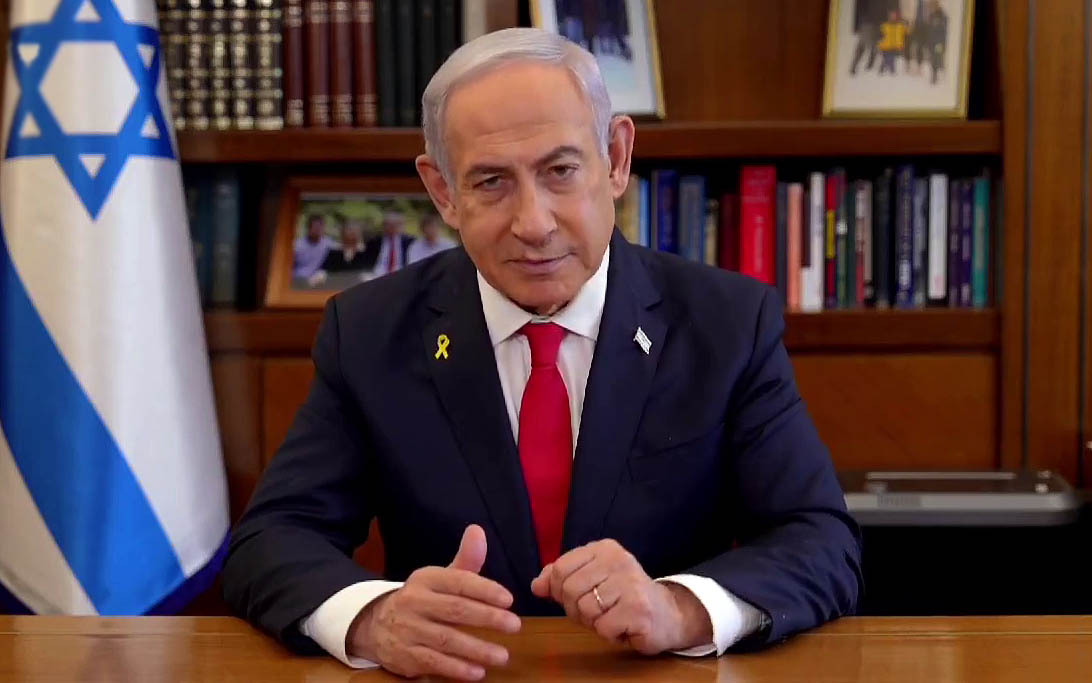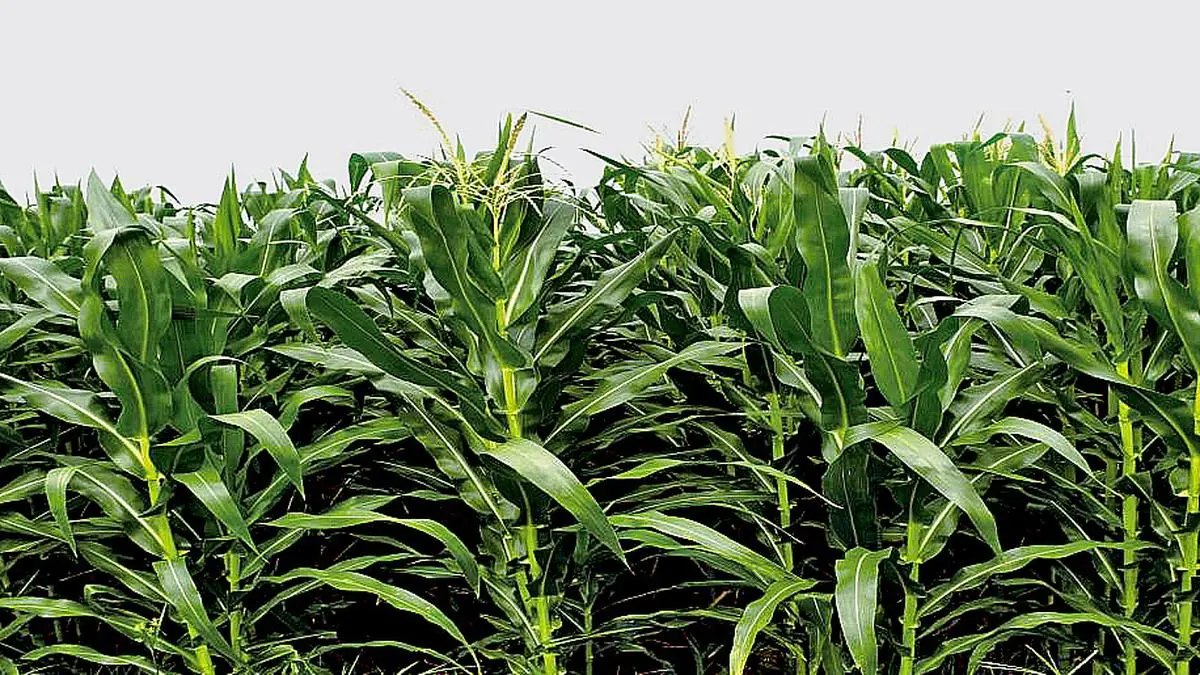By Siddhi Vinayak Misra
Copyright breezyscroll

What happened in Doha?
On Tuesday, September 9, 2025, Israel launched a rare and controversial targeted airstrike in Doha, Qatar. The Israeli Defense Forces (IDF), along with Shin Bet and the Israeli Air Force, claimed responsibility for the strike, which they said eliminated key Hamas leaders. Among the dead, according to Israeli media, was Hamas’ Gaza Chief, Khalil Al-Hayya, a senior figure accused of orchestrating the October 7 attacks and continuing military operations against Israel.
The operation marked the first time Israel has acknowledged conducting such a high-level strike inside Qatar, a country that hosts Hamas’ political bureau. Israeli officials emphasized that precision weaponry and intelligence were used to minimize civilian casualties, though Qatar disputes that claim.
Did the US play a role in the strike?
Speculation about possible American involvement spread quickly online after the attack. Given Washington’s close military and intelligence ties with Israel, some analysts questioned whether the strike had U.S. backing.
Israeli Prime Minister Benjamin Netanyahu’s office moved swiftly to shut down those rumors, releasing a statement on X (formerly Twitter) declaring the attack was an “independent Israeli operation.” The statement stressed that the strike was conducted “solely by Israel,” with no foreign involvement or coordination.
This declaration carries political weight: if the U.S. were seen as complicit in an Israeli strike on Qatari soil, it could strain relations not just with Doha but also with other Gulf states, where Washington maintains critical bases and partnerships.
Why did Israel strike in Qatar?
Israel framed the Doha operation as part of its broader campaign to dismantle Hamas’ leadership structure beyond Gaza.
Target selection: The IDF identified Hamas’ senior commanders in Qatar as directly responsible for past terror attacks, including the October 7 massacre.
Strategic message: By striking in Doha, Israel signaled it is willing to cross regional red lines to pursue Hamas leaders, even outside Gaza.
Operational precedent: Similar targeted assassinations have occurred in Lebanon and Syria, but rarely in wealthy Gulf capitals that maintain ties with the West.
This escalation suggests Israel is broadening the battlefield, reflecting its frustration with Hamas’ political wing enjoying relative safety in Qatar.
How did Qatar and the region respond?
Qatar condemned the airstrike in the strongest terms, calling it a “cowardly attack” and an outright violation of international law. Officials accused Israel of endangering civilians by targeting residential buildings housing Hamas officials. Qatar’s security forces are investigating the incident and reportedly boosting public safety measures in Doha.
Reactions across the region followed quickly:
Iran described the strike as a “gross violation” of sovereignty and pledged support for Hamas.
Arab League members signaled that they may raise the issue at the United Nations, framing the attack as a dangerous precedent.
Palestinian groups hailed Khalil Al-Hayya as a “martyr,” vowing retaliation.
What has been the US response?
As of Tuesday evening, neither President Donald Trump nor the U.S. State Department had issued a formal statement. However, the U.S. Embassy in Qatar confirmed the incident and issued a shelter-in-place advisory to American citizens.
“We have seen reports of missile strikes occurring in Doha. The U.S. Embassy has instituted a shelter-in-place order for their facilities. U.S. citizens are advised to shelter-in-place and monitor,” the embassy posted on X.
This cautious move signals Washington’s concern about potential retaliation or instability in Qatar, where the U.S. maintains the Al Udeid Air Base, one of its largest in the region.
Why does this strike matter?
The attack in Doha marks a significant turning point in Israel’s strategy and could reshape regional dynamics in several ways:
Escalation risk: By striking in Qatar, Israel risks drawing Gulf states more directly into the conflict.
US-Qatar relations: If suspicion lingers over American involvement, Doha may question the credibility of Washington as a neutral partner.
International law debate: Legal experts are already weighing whether the strike violated Qatar’s sovereignty and global norms on targeted killings.
Symbolic blow to Hamas: The loss of Khalil Al-Hayya could disrupt Hamas’ leadership, though history suggests militant groups often replace commanders quickly.
What comes next?
Israeli strategy: Netanyahu is likely to frame the strike as part of Israel’s unwavering stance against Hamas, reinforcing his political base at home.
Qatari diplomacy: Doha could escalate the matter at the United Nations, calling for international condemnation and possibly sanctions.
American balancing act: The Biden administration (update: now Trump administration, 2025) faces the challenge of reassuring both Israel and Qatar while protecting U.S. assets in the Gulf.
If Israel continues expanding its operations beyond Gaza, observers warn of a wider regional conflict that could draw in Iran, Hezbollah, and potentially even U.S. forces.
Israel confirmed a targeted airstrike in Doha, Qatar, killing Hamas leader Khalil Al-Hayya. Netanyahu said the operation was carried out independently by Israel, denying U.S. involvement. Qatar and Iran condemned the attack, while the U.S. Embassy in Doha ordered its citizens to shelter in place. The strike marks a dangerous escalation, with potential fallout for U.S.-Qatar relations and regional stability.



